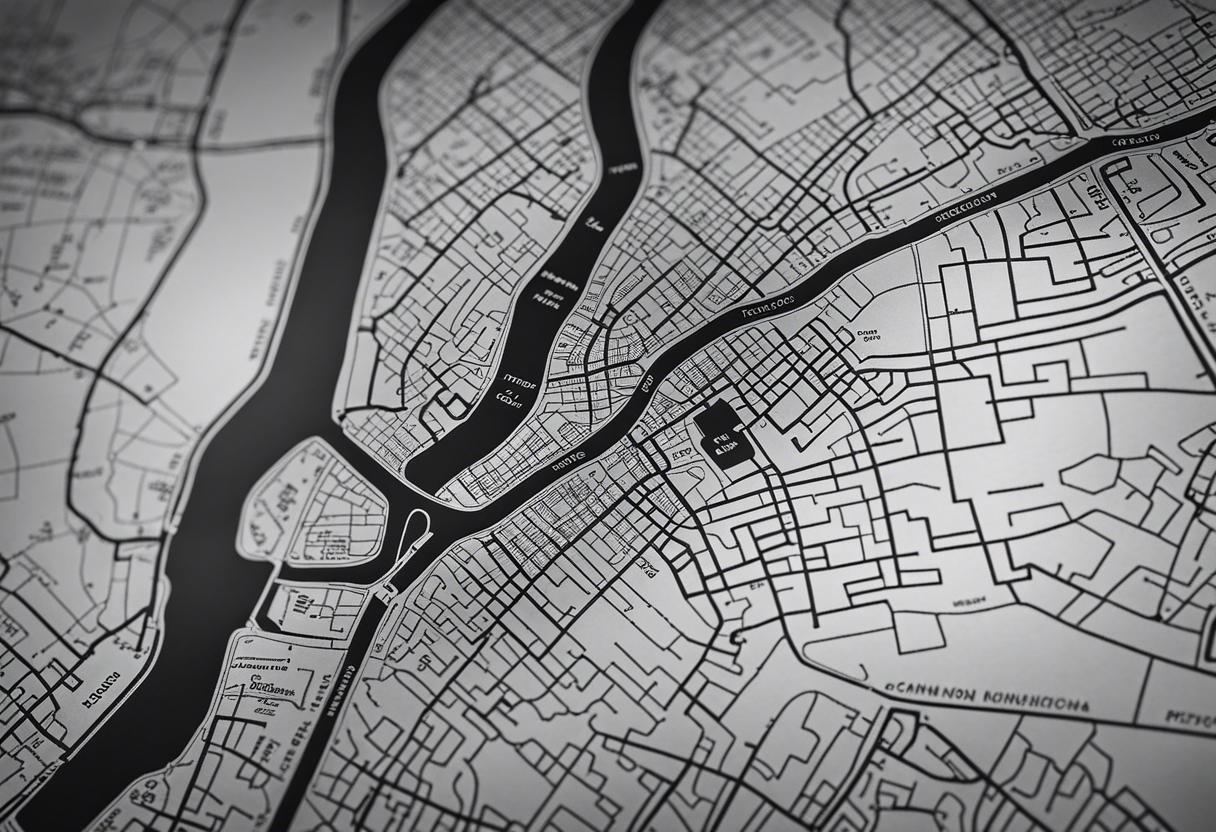While at the Rafah border crossing on Tuesday evening, Micheál Martin, the Tánaiste, remarked that the ongoing Gaza conflict was not simply a war against Hamas – it was a punitive action impacting the entire population of Gaza. He stated that there was no alternative interpretation of the situation, as evidenced by communication with humanitarian aid workers. It was reported to Mr Martin, disturbingly, that basic aid items, including tents and green sleeping bags, were being barred from entry into Gaza, in what appeared to be a policy of control implemented by Israel.
Israel’s control policy, Mr Martin commented, served to assert who was in power to the general populace. Egyptian Red Crescent’s operations director, Lotfy Gheith, added to this revelation by listing a number of aid products that were refused entry, such as generators, wheelchairs, incubators for newborns, power banks, lavatories and oxygen, as well as chocolate croissants, which were labeled as “luxury items.”
Mr Martin is currently touring Egypt and Jordan for two days as part of a concentrated effort to address the Middle East crisis. As he received updates from UN partners at the border, a vast number of Gazans tried to cross back over; a good number of these individuals expressed a desire to be reunited with their families.
However, the 61-year-old, Mwafaq Alkhatib from Khan Yunis, had different motivations. Mr Alkhatib, an orphanage manager, had been struggling to reach Gaza for the past three weeks. Displaying a bandage on his back, Alkhatib mentioned that he fell during a bombardment, and tragically, 200 children from his orphanage lost their lives.
In contrast, Mona Barbakh, also from Khan Yunis, had made attempts for 42 consecutive days to return and reunite with her husband and father. Her extended family had already expended $15000 to leave Gaza previously.
Mr Martin later went to Al-Arish hospital, the nearest medical facility to the crossing, where he encountered Wafaa Qdaieh (1), recovering from inhaling gas. A distressed Ataaf Saleh, a woman in her 50s who was recovering after her house was destroyed, conveyed to the Tánaiste that Gaza desperately needed a resolution and was in an “unliveable” condition.
Previously, the Tánaiste had a meeting with Sameh Shoukry, Egypt’s foreign minister, in Cairo. Following their discussion, Mr Martin expressed fears that the situation in Gaza could significantly worsen, as more tragedy may be discovered under the debris once the conflict has ceased. He emphasised that the current method of warfare cannot persist.
Mr Martin shed light on a disturbing trend that started in Aleppo; the destruction of cities, private homes, public offices, educational establishments, and schools. He highlighted that this method of warfare has become commonplace in countries like Syria, Ukraine, and Gaza and the international community must put an end to this as it is unsustainable.
Mr Shoukry commended Ireland’s noble and brave approach towards the conflict. He stated that advocacy for a dual-state solution through mere spoken words isn’t adequate, actions need to be taken.
In addition, Mr Martin has an upcoming meeting scheduled with Ayma Safadi, the Jordanian deputy prime minister and foreign minister, in Amman on Wednesday. Furthermore, he’ll be attending programmes by Unwra in support of Palestinian refugees.

